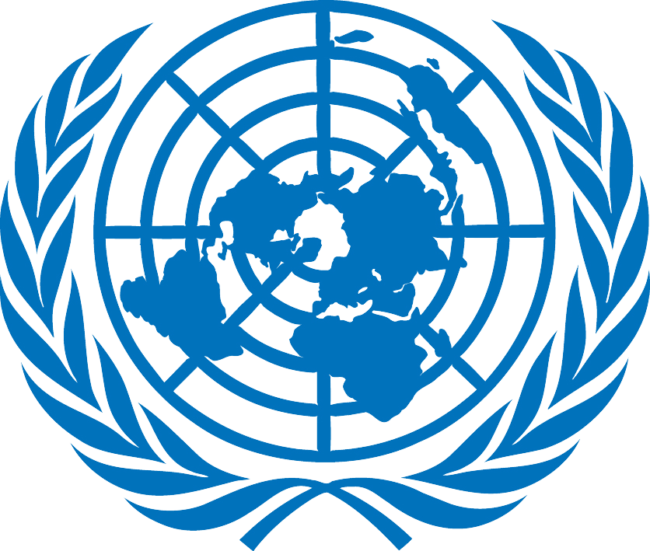
Russia’s suspension of UN-sponsored safe passage of merchant ships carrying Ukrainian grain exports out of the Black Sea threatens vast swathes of poor country populations with hunger while also changing the nature of the war in Ukraine.
The shock to Ukraine is huge because harvesting season is at hand and wheat and other grains could simply rot because of lack of means to export them. The harvest of maize, wheat, sunflower seeds and rapeseed could be upwards of 20 million tons.
Neighboring Poland, Hungary, Slovakia, Bulgaria and Romania have blocked overland routes for Ukrainian grain imports to pacify local farmers angered by falling prices for their own production. Farmers are powerful vote banks in each country.
Vladimir Putin is blaming US financial sanctions for the UN-sponsored Black Sea Grain Initiative’s breakdown. He claims they hinder exports of Russian grains and fertilizer by making banks fearful of crippling US treasury penalties if they help to finance and insure those exports.
About people in poor countries, UN chief Antonio Guterres lamented: “Many communities are one shock away from plummeting into food insecurity or even famine. And that dire picture has grown bleaker with the Russian Federation’s termination of the Black Sea Initiative that enabled the safe export of more than 32 million metric tons of food on more than 1,000 vessels from Ukrainian ports (since July 2022).”
The Initiative provided lifelines for global food security and global food price stability, Guterres said. Food prices dropped by 23 per cent from their highs last year. They could start a steep upward climb if the Initiative cannot be revived soon.
Joe Biden is casting around for workable options to mitigate impacts on the poorest people. He hopes that Indian Prime Minister Narendra Modi will step into the breach. India is the world’s third largest wheat grower behind China and the European Union, and ahead of the US, Australia and China.
Modi may be Biden’s best option because he is current president of the G-20, which includes the US and its G-7 western allies. He is a friend of Washington and the UN while being on reasonably good terms with Putin.
Modi’s influence with African leaders could be helpful in persuading them to join with other Global South countries to make a collective effort to put pressure on Putin. With enough unity, the Initiative could conceivably be revived between a Russia-Africa summit in St Petersburg this week and the G-20 summit in Delhi in mid-September.
A central issue for Biden now is building bridges to African countries to win their trust to prevent Putin from getting the upper hand. Modi has already opened a pathway by securing Biden’s agreement to give the 55-nation African Union a collective seat in the G-20, alongside the 27-nation EU.
Guterres has struggled for more than a year to reassure Moscow that American financial sanctions do not apply to its food exports. In response to his proposals, the European Union has been trying to make a carve-out for Russia’s State Agricultural Bank to finance the trade but Putin appears to have lost patience.
There is a faint hope that China could help to persuade Putin to back down. Biden has invited China’s agriculture minister to the 2023 APEC food security ministerial meeting in Seattle on Aug. 3. Russia has also been invited as it is a member of APEC. If they attend, a way forward might be found but both are bitterly distrustful of Biden.
The deeper problem is that Putin seems to have changed his approach to the war and may see no point in talking anymore. He appears to be settling in for a long war of attrition to destroy Ukraine more thoroughly.
That would make it unnecessary for him to continue working with the UN and Türkiye to allow Kyiv to continue agricultural exports from Odessa and two other Ukrainian ports. This is evidenced by the Russian missiles raining daily upon Odessa’s harbor infrastructure and gain storage silos since the Initiative’s suspension on July 18.
With US help, Volodymyr Zelensky had been increasing capacity at smaller ports on the Danube river to transfer grain to Romania by barge for eventual exit to the Mediterranean through Romanian ports on the Black Sea.
The exit from Romanian ports would be safe from Russian attacks because Romania is a member of America’s NATO military alliance and its merchant vessels could be escorted by British or American navy vessels.
Türkiye, a NATO ally, controls the Bosphorus Strait and could be helpful since President Recep Tayyip Erdogan has started to lean westward again after his recent reelection. But Putin has been raining missiles on the Ukrainian side of the Danube as well to make the cross-river transfer too dangerous.
In these conditions, unified diplomatic pressure by developing countries with Modi’s support might be the only available option to prevent Ukraine’s further devastation.
















